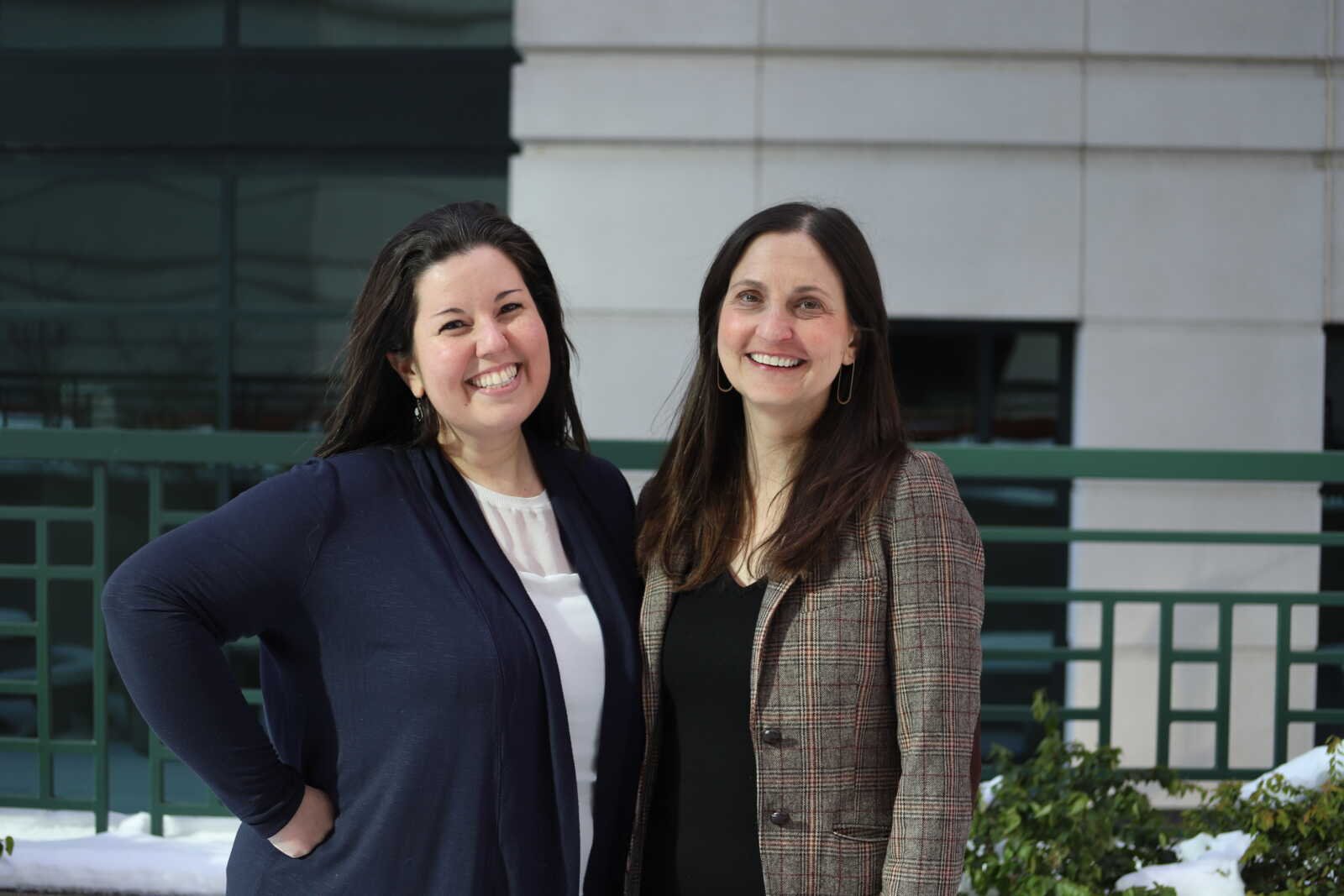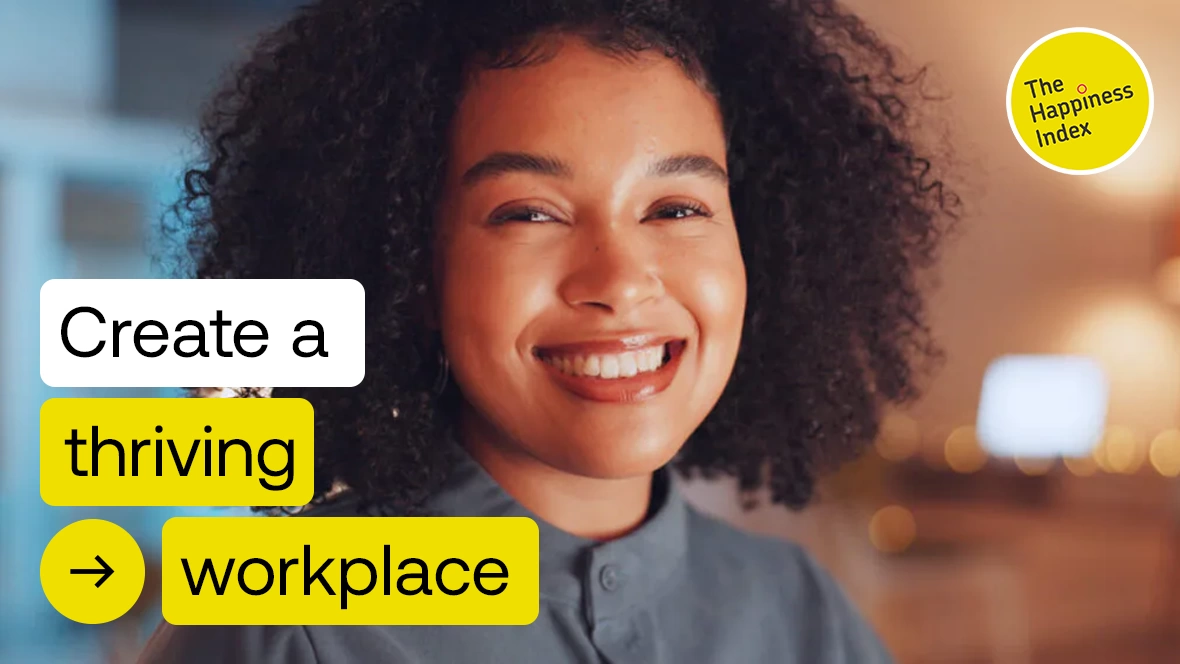In many workplaces, employees often find themselves caught in a cycle of busyness that leads to little actual productivity. Joff Outlaw, an Australian business consultant, points out that modern workplaces often reward those who work the longest hours and attend the most meetings, creating a culture where being busy is mistakenly viewed as a measure of success. This reactive approach can leave employees feeling overwhelmed and unsatisfied.
Outlaw explains that when individuals operate in reactive mode, responding to every email and instant message, they lose valuable time that could be spent on meaningful work. A 2021 study involving 177,395 U.S. workers highlighted that job satisfaction directly correlates with overall well-being, indicating that constant busyness can negatively affect mental health.
To combat this issue, Outlaw and psychologist Brad Marshall collaborated on a book titled “Busy Idiots: Learn the Brain Science and Productivity Hacks to Get Ahead without the Stress.” The book aims to help individuals break free from the treadmill of endless tasks and focus on productive work. Outlaw emphasizes the importance of proactive productivity over reactive busyness, advocating for better time and energy management to complete essential tasks effectively.
Marshall notes that technology plays a significant role in distracting employees from deep work. For instance, checking group chats during a deadline can lead to significant time loss. To counteract this, they propose a four-step ‘Sustainable Tech Blueprint’:
1. **Awareness**: Recognizing how technology diverts attention. 2. **Understanding**: Acknowledge the dopamine response that technology creates, which can lead to a cycle of distraction. 3. **Personal audit**: Assess one’s tech usage through a questionnaire that evaluates behaviors, such as checking phones during meals or working outside of hours. 4. **Control strategies**: Implement features that limit distractions, like do-not-disturb settings or deleting work emails from personal devices.
Maintaining these boundaries requires ongoing effort. Regular audits of technology use, similar to monitoring dietary habits, can help individuals stay conscious of their tech habits.
To escape the busy trap, Outlaw suggests planning time effectively. Setting aside 30 minutes at the end of each week to prepare for the next can help prioritize tasks. He warns against treating every item on a to-do list as equally important, stating, “Prioritizing everything means prioritizing nothing.” Focusing on fewer tasks with intention often leads to better outcomes.
Additionally, allocating 50% more time than initially estimated for tasks can combat the planning fallacy, where individuals underestimate how long tasks will take. This adjustment can alleviate stress and improve job performance. Outlaw cites research indicating that taking regular breaks enhances productivity. Studies show that short breaks every couple of hours can replenish energy levels and improve focus, with activities like walking or stretching being particularly effective.
Employees often struggle to say ‘no’ out of fear of being seen as uncooperative. Outlaw encourages setting clear boundaries and being honest about workload capacity. Offering alternatives, such as suggesting a colleague who could help, can ease the pressure without compromising team dynamics.
Since implementing these strategies, many individuals report improved productivity and reduced feelings of burnout. By making adjustments to both work habits and technology use, employees can reclaim their time and enhance their workplace wellbeing.



